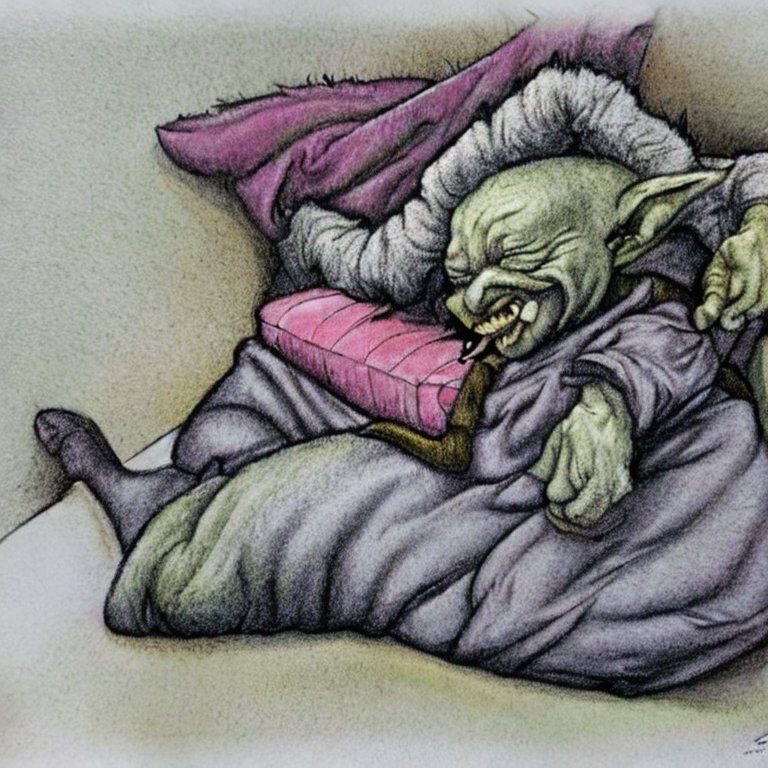The idiom “play it by ear” originated in the field of music. It indicates the ability of a performer to improvise, by reproducing a piece of music they have listened to without any form of notation. This kind of approach is usually associated with specific genres, such as jazz, blues, or traditional popular music, while it is often stressed that “western tradition” is basically rooted in sheet music. But as we will see, things are far more complex than that.

It was during the first half of the twentieth century that the expression assumed a new meaning, that of dealing with something in an impromptu manner, without guidelines or rules. The idiom is often used to highlight the adaptability of those who are faced with an uncertain future and cannot plan for the long term. Some of the examples proposed by our favorite linguistic search engine, Ludwig, are illuminating in this sense. In a paper about the special care needed by children affected by a form of sclerosis, we can read how parents “tend to play by ear in the daily caring” without knowing “what the future has in store for them”. In a philosophical debate about life and the afterlife published on HuffPost, a student is questioned about how he would spend his time if he had only six months left to live, and provides the following answer:
I'm not really sure what I'd do, probably do something different every day, play it by ear, but what's important now definitely wouldn't be important any longer.

More in general, the idiom “play it by ear” is often used to indicate an easy-going approach to life: take things as they come and try to figure out what to do day by day.
It follows that the expression “play it by ears” is often used to encourage people to be spontaneous, act according to their feelings and follow their gut instinct. Interestingly, it can sometimes also take on a negative meaning, indicating a superficial way of dealing with a serious problem. See for example this reflection of John Tsilimparis about US politics:
But simply thinking you have "good ideas" doesn't translate into intelligibility. Sounds like a shaky, let’s-play-it-by-ear plan that would be fun if you were, say, taking a spontaneous summer camping trip with your family. Thinking you can run the most powerful nation in the world because you are naturally intuitive and have "good ideas" sounds like pre-presidential illiteracy to me.
Is trusting our gut always right?
The meaning of the idiom “play it by ear” seems to have an almost liberating connotation. It invites us to approach life spontaneously and don't get trapped in fixed schemes or obsolete rules. In other words, it is about making decisions based on instinct rather than carefully pondering a solution. However, one may wonder whether this kind of approach is always the best choice.
According to Daniel Kahneman, who won a Nobel prize for his studies on human beings' decision-making process, trust in one's own gut has both its pros and cons. This is indeed a mental process selected by nature to enable us to make effective decisions quickly. Just think of a fire: it is certainly more convenient to make an instinctive and quick choice to put it out as quickly as possible or run away immediately rather than waste time thinking too much. On the other hand, intuitive thinking makes us more prone to errors. And this can be a problem, especially when we have to face complex situations typical of our modern societies.

Other scholars, such as Kamila Malewska, have instead argued that both intuitive and analytic thinking should not be considered as opposites. The mental processes behind our decisions are indeed quite complex and in almost most cases they involve both strategies. Also, intuition is not to be considered irrational, since it is a mental process born of direct experiences. It means that it is an ability that can be improved over time and can be even supported and enriched by analytical thinking.
Ludwig’s wrap up
Plot twist. Even though the learning of Western classical music is eminently based on sheet music it does not mean that the ability to play by ear has no role in it. Also, it would be wrong to consider the practice of playing by ear as something merely instinctive or spontaneous. Playing by ear is a foremost trait of several music traditions – some of which are very ancient – and it can involve quite sophisticated techniques and a whole intellectual universe behind them. Indeed, the complexity of our mental and learning processes is something astonishing. Both “instinct” and “rationality” are part of a unique, articulated tool through which we can understand the world, make decisions and communicate. We have to learn how to blend these two aspects to create an amazing jam session.






